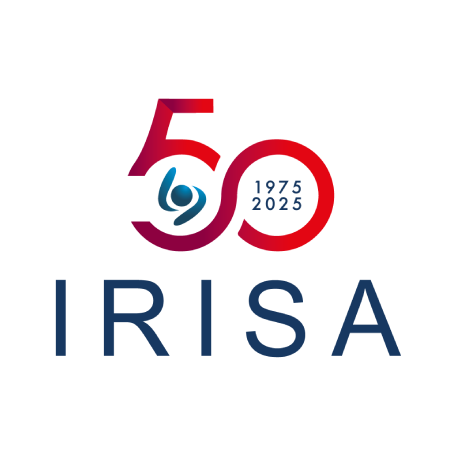Within the laboratory, the different job profiles are organized into two main families: scientists (researchers, teaching assistants, doctoral and postdoctoral researchers) and research support staff (engineers in a research team or sit a research internship within a given team).
Scientific Staff
Researchers, faculties
In fundamental research, the researcher designs and conducts research activities and projects concerning the acquisition of abstract or speculative knowledge. He or she verifies hypotheses through appropriate experiments, elaborates and organizes theoretical interpretations of experiments and analyses, and reports on his or her work and discoveries through various means of dissemination: publications, conferences, etc.
In the field of applied research, the researcher carries out the design and development of new products or new processes in an industrial environment.
Teacher-researchers (faculty members, e.g., lecturers or university professors) share their time between teaching and research. Research activities can be either fundamental or applied.
Missions and Competencies
Its scientific research activities are focused on :
- scientific production: articles in "primary" journals, books, reports ;
- the valorization of results: participation in congresses, contribution of his skills to an existing company, patenting, or even creating a company.
- the dissemination of scientific information: articles for the popularization of science, communications to the public (conferences, broadcasts) ;
- training through research: supervision of students, doctoral students, trainees....
Researchers and faculty members are recruited through annual competitions, most of which taking place between January and June (applications between January and March).
To find out about the conditions of application, please consult the page Applying for scientific professions.
Doctoral student
Holders of a Master's degree (bac +5) can prepare a doctorate in three years (bac +8). He or she undertakes, under the supervision of a thesis director, a research project including the writing and defense of a thesis with the aim of obtaining the "doctorate" diploma.
The doctoral contract, concluded for a period of three years, is now offered to doctoral students whether they are recruited by public institutions of higher education or by research organizations.
To do a thesis at IRISA, you must contact a research team and find a potential thesis director who will propose a thesis topic and funding. (Consult the page Funding a thesis) The main sources of funding are:
- Doctoral grants from the doctoral school;
- Doctoral grants from other organizations (CNRS, INRIA, Digiteo, Région, etc.);
- The research contracts of the teams;
- Scholarships from the country of origin for foreign students.
All information is available on the Matisse Doctoral School website.
Consult our Thesis offers.
Researcher and Post-doctoral researcher - ATER
IRISA offers post-doctoral research stays of up to 2 years. These stays are intended for holders of a recent PhD or for people in the process of obtaining a PhD. Many public institutions and companies offer solutions to fund your post-doctoral studies.
The laboratory also welcomes ATERs (Temporary Teaching and Research Attachés), most of whom are students at the end of their thesis and whose stipend or contract has come to an end. Some positions are filled by external candidates.
Professions in support of research
Research support staff are dedicated to the broad purposes of providing support and services necessary for the effective operation of higher education and research institutions.
Positions are open to external or internal competitions organized by professional branches of activity (B.A.P.) and standard profiles.
Engineer and R&D Engineer
The R&D engineer supports our researchers in their work by developing software and tools to facilitate their research, by setting up technological platforms for experimentation.
Engineering positions are mainly offered on fixed-term contracts (up to 3 years), usually for the duration of the industrial contract to which they are linked.
Administrative and technical staff
In support of its research activity, IRISA calls upon administrative and technical professions to coordinate the management of its resources, and to make all the activities necessary for the proper functioning of a UMR feasible. You will therefore find professional profiles correlated to the management of human resources, financial resources, computer and technical equipment, communication and general administration.
Find all our research support professions by B.A.P.
Visitors
The laboratory welcomes many visitors every year, for periods ranging from a few days to several months. They must be members of a French or foreign research organization and must have previously contacted a host team. Funding is possible, such as visiting professorships at the University (one month, sometimes two). All visitors must have received an official invitation from the laboratory, signed by the director.
Trainees
Research Master or Engineering School students can be solicited by research teams to answer specific work topics. The subjects proposed by the teams are posted on the websites of these Masters and Schools.
